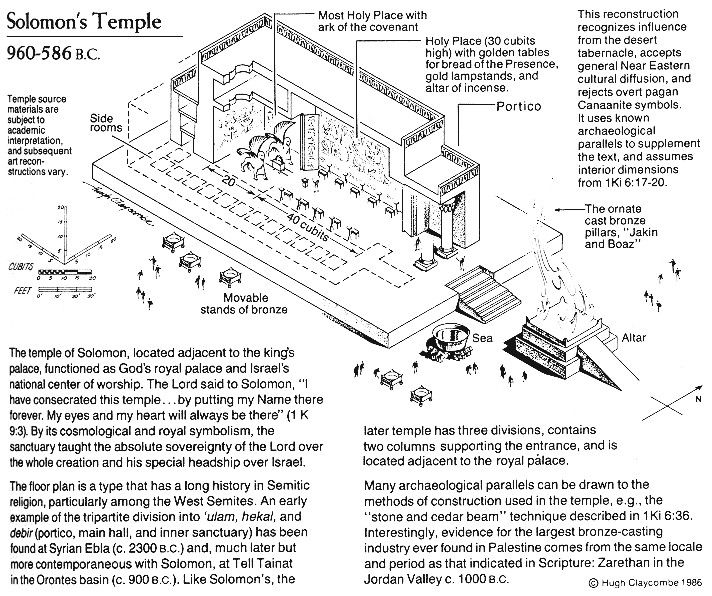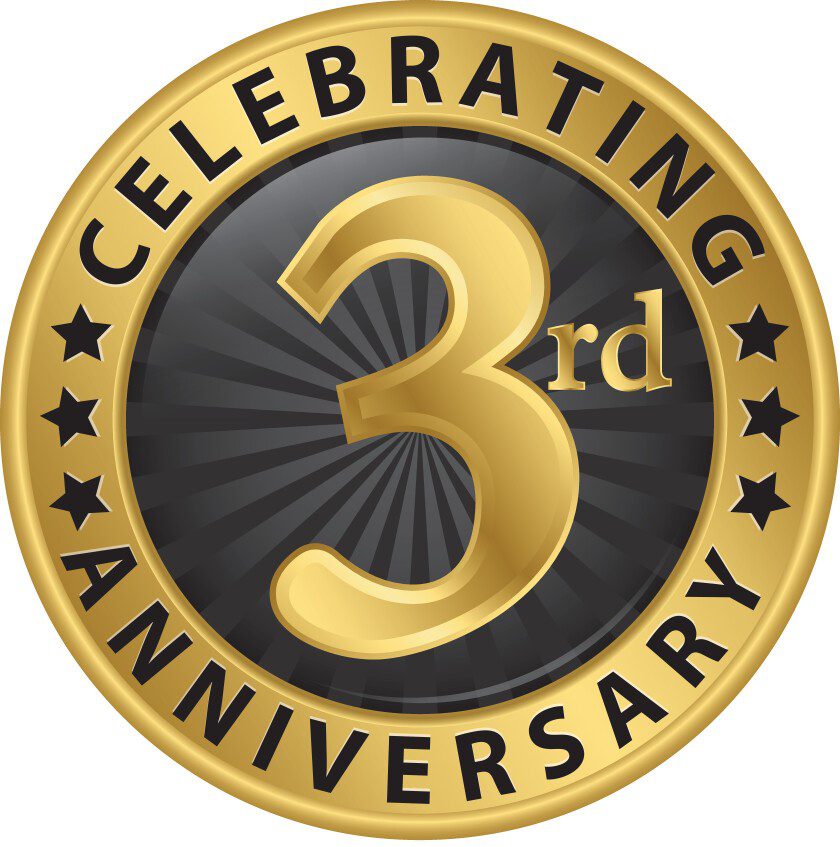2 Kings 22; 2 Chronicles 34
The celebration in Jerusalem was beyond everyone’s expectation. The 26-year-old King Josiah spared no expense for the Passover because it had been years, decades maybe, since the entire nation remembered Israel’s deliverance from slavery in Egypt. In fact, the young king would never have known about the practice if workers repairing the Temple had not discovered a manuscript, “the book of the Torah” or the Book of the Law, as it was also known.

To authenticate the document, Josiah sent to Prophetess Huldah an entourage of national government leaders that included High Priest Hilkiah and the court secretary Shaphan. The king took this precautionary step because everyone who had read this “archaeological discovery” was afraid of its contents.
Shaphan was the first to get his hands on it. The repairs to the Temple were not routine but designed to remove all traces of Assyrian and other alien influences. So, the king had sent Shaphan to the Temple to supervise the payment of the workers’ wages. It was at this time, Hilkiah told Shaphan about the manuscript. The court secretary read it and, immediately afterwards, told King Josiah.
When the contents of the book of the Torah were read to Josiah, he torn his clothes in a gesture of despair. His behavior could have been partly due to the sensitivity he already had about following God’s will. Josiah’s hunger for righteousness did not come from his father or grandfather.
Josiah is described in 2 Kings 22: 1,2 ERV:
“Josiah was eight years old when he began to rule. He ruled 31 years in Jerusalem. His mother’s name was Jedidah the daughter of Adaiah of Bozkath. Josiah did what the Lord said was right. He followed God like his ancestor David. Josiah obeyed God’s teachings—he did exactly what God wanted.”
So, it was important to the king that Hilkiah verify the authenticity of the manuscript by consulting a God-anointed prophet, an official prophet in the royal court. Unlike today, investigating the age and authorship of the document meant little in those days. Gender also took a backseat because Jeremiah and Zephaniah were her contemporaries.
Prophetess Huldah accepted the document from Hilkiah, Shaphan and others in the group. She wasted no time in interpreting the meaning of the scroll found in the temple, revealing every frightening detail in 2 Kings 15-17, erv:

“Then Huldah said to them, `The Lord, the God of Israel, says: Tell the man who sent you to me: ‘The Lord says this: I am bringing trouble on this place and on the people who live here. These are the troubles that are mentioned in the book that the king of Judah read. The people of Judah have left me and have burned incense to other gods. They made me very angry. They made many idols. That is why I will show my anger against this place. My anger will be like a fire that cannot be stopped!’
Huldah, whose name derives from the Hebrew word that means “to abide or to continue,” made it clear that God, and no other could be worshipped by the Israelites. Her unceremonious language proved that, as far as she was concerned, the king was like any other man. This prophet-in-residence established “the monotheistic worship of YHWH as the sole legitimate expression of ancient Israelite religion.” Her words were taken just as seriously as if they had come from Isaiah or Micah.
After authenticating the book and prophesying a future of destruction for failure to follow it, the prophetess was used by God to show the king His mercy.
In 2 King 22: 18-20, Huldah said:
“King Josiah of Judah sent you to ask advice from the Lord. Tell Josiah that this is what the Lord, the God of Israel, says: ‘You heard the words I spoke against this place and those who live here. And when you heard those things, your heart was soft, and you showed your sorrow before the Lord. I said that terrible things would happen to this place. So you tore your clothes to show your sadness, and you began to cry. That is why I heard you.’ This is what the Lord says. ‘I will bring you to be with your ancestors. You will die and go to your grave in peace. So your eyes will not see all the trouble that I am bringing on this place.’”
Josiah lost no time acting on God’s message through the prophetess Huldah. He quickly assembled all the people for a public reading of God’s laws and followed that with renewal of the covenant-pact with God. Josiah purged all public places of objects associated with pagan worship, extending the cleanup beyond Judah, the former Israelite territory. Into the ash heap went all foreign objects found in the Temple, including the male god Baal and the mother goddess Asherah, the horses dedicated to the sun, and the astral altars on the roof. The practices of sacred prostitution, child sacrifice and the consultation of mediums and wizards were discontinued.
The neglected Feast of Passover was celebrated once more. The lineup of prestigious dignitaries was impressive, including the Levites and other priests who donated cattle and oxen and performed various services as well as oversaw the location of the Ark of the Covenant inside Solomon’s Temple. Nothing was left out of the ceremony, from the singers and priests properly sprinkling blood while the Levites skinned the animals and the lay people and regular workers accepted roasted meat.
Written by TMCH
SOURCES (in addition to the Holy Bible and its many interpretations):
Anderson, Bernhard W. Understanding the Old Testament, 2nd ed. Pps. 307-311.
BibleGateway.com, Translations of 2 Chronicles 34:22 (https://www.biblegteway.com/verse/en2%20Chroicles%2034:22)
Huldah. Wikipedia. https://en.wikipedia.org/w/index.php?title=Hulday&oldid=1150923854Marchetti, Christine.
Women Prophets in the Old Testament. CBE International. https://www.jstor.org/stable/10.2307/community.30046583.
Zondervan Handbook to the Bible


